The Reason Why Rockets Launch From Florida
Updated May 28 2020, 3:03 p.m. ET
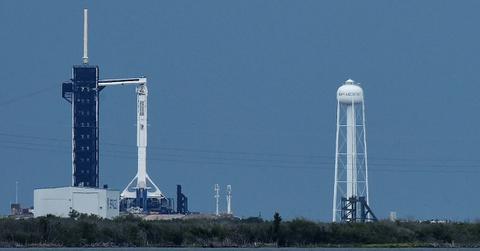
Almost since the birth of the U.S. space program, rockets have launched exclusively from the coast of Florida's Cape Canaveral. To many, that choice probably seems curious since the weather in the Sunshine State, while nicer than a lot of parts of the country in the winter, can be very unpredictable, especially during hurricane season. However, despite some of the meteorological drawbacks, there are a few good reasons why rockets launch from Florida.
Why do rockets launch from Florida?
It's all about geography. Florida was chosen as the launchpad for NASA — and SpaceX — rockets because it has three geographical advantages: being situated on the ocean, near the equator, and on the East Coast. That last one is why Brevard County, Fla. was chosen over, say, San Diego in California.
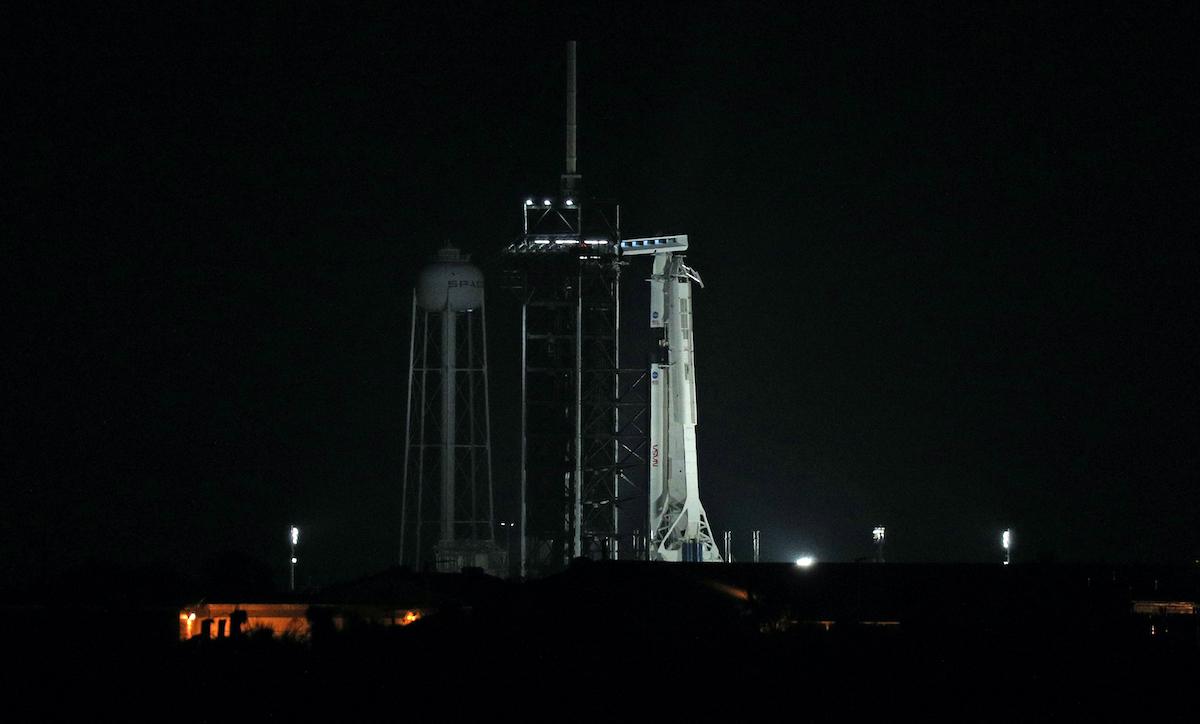
The Earth spins counterclockwise, or eastward, so it's far easier to launch rockets to the east than to the west, which is why a West Coast launch site didn't make good sense from a physics standpoint. As for proximity to the equator, this is because the closer you are to the equator, the higher the rate of spin, meaning it takes less fuel to get off the ground.
And launching over the ocean is essential because, as NASA disasters like Challenger illustrated tragically, spacecraft do not always launch successfully and, should they crash or explode, a launch over the ocean is more likely to come with fewer injuries of bystanders and destruction of property on the ground.
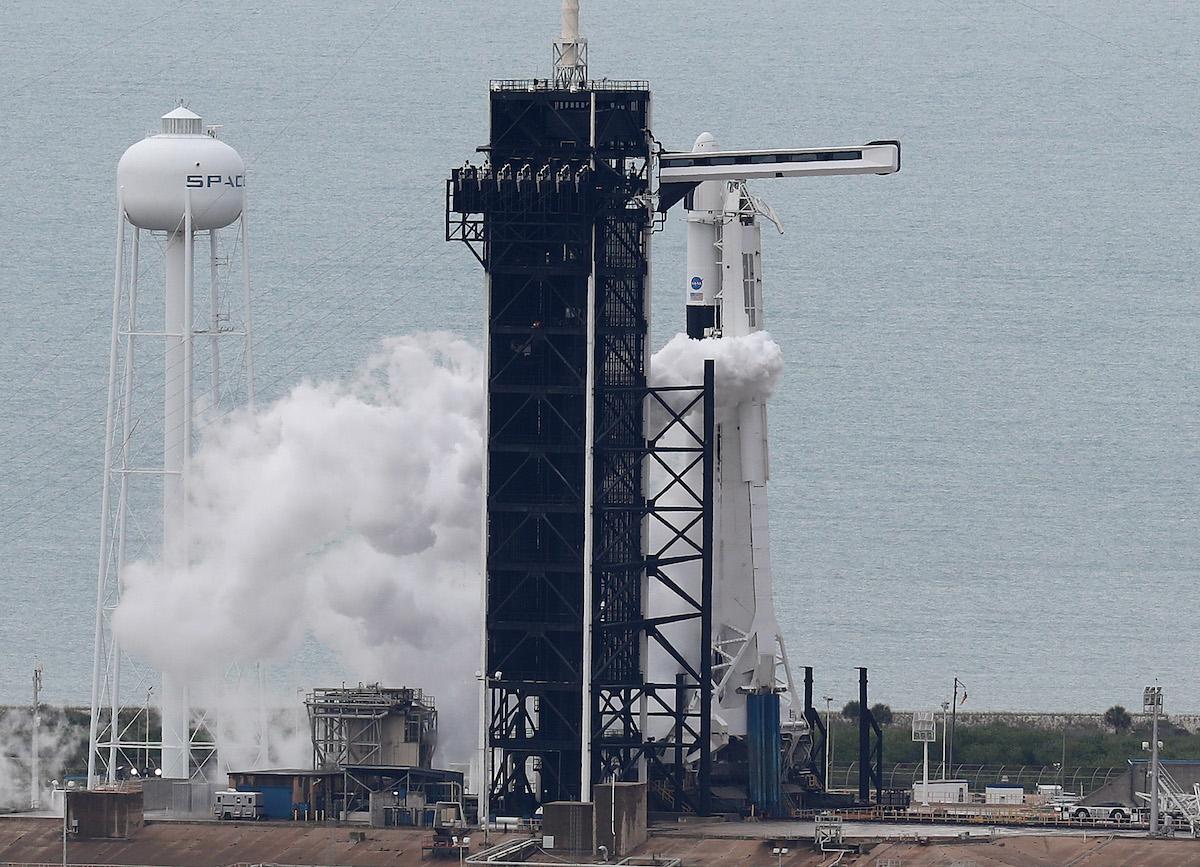
And that's a fourth reason why Cape Canaveral was chosen. At the time the site was developed, there weren't too many people living in the area nearby that might be impacted should a launch go wrong. Though the population of Brevard County has grown quite a lot over the last 50 years, it still is less populated than places like Tampa or Miami.
That's not to say launching from the central coast of Florida isn't without its challenges. Though the weather is usually mild compared to the Northeast, unexpected cold snaps can happen anywhere, and in fact unexpectedly chilly weather conditions were a major factor in the Challenger explosion. The cold temperatures caused the O ring seal to fail.
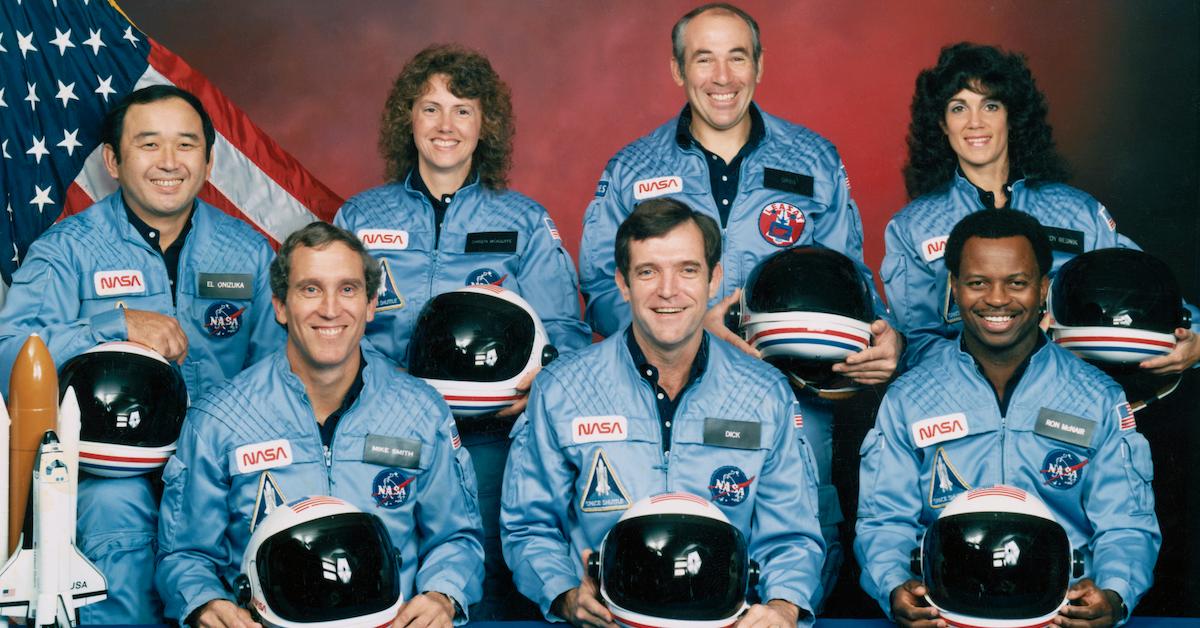
The loss of all seven souls on board the Challenger made sure that neither NASA nor SpaceX will flirt with chance when it comes to inclement weather on launch days. While it may cost a lot of money to abort or postpone a mission, it's better to be safe than sorry.
So why is the NASA Command Center in Houston?
While Cape Canaveral might be an advantageous site for launches, it's not quite as ideal for the rocket engineers and scientists who control things on the ground. Houston was chosen as the site of the Lyndon B. Johnson Space Center because it's close to universities like Rice and the University of Houston, and it was a more attractive place to attract top talent versus the then very rural part of Florida where Cape Canaveral was developed.
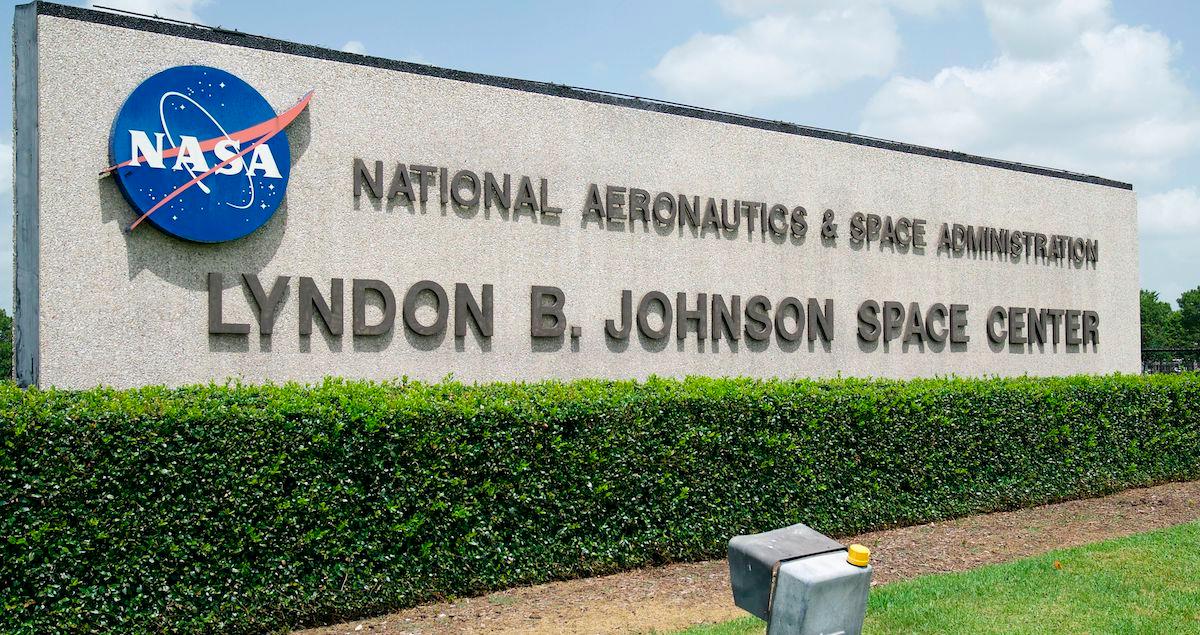
Houston wasn't the top choice, though. Originally, Tampa had been eyed as the site for mission control because there was an existing Air Force Base that was set to end Strategic Air Command operations there, but the decision to close the base was reversed and the second-choice site moved to the top of the list.
It also helped that the land for the site was donated to Rice University by Humble Oil. While many have thought Texas was chosen because then President Johnson was from there, it probably has a lot more to do with these other factors than allegiance to LBJ's home state.